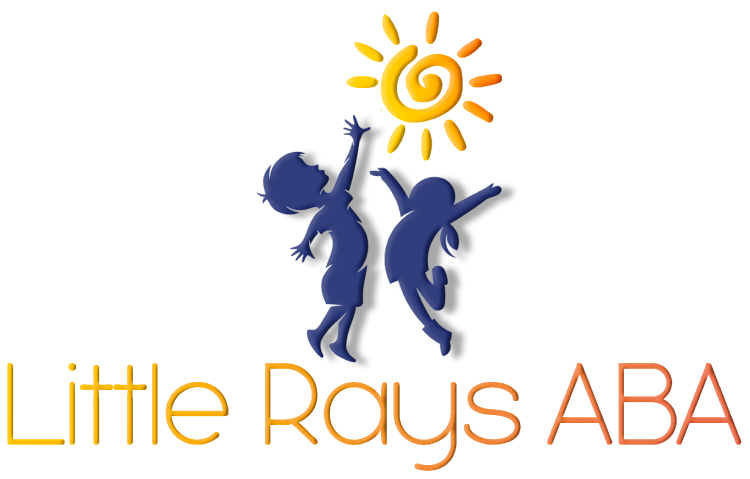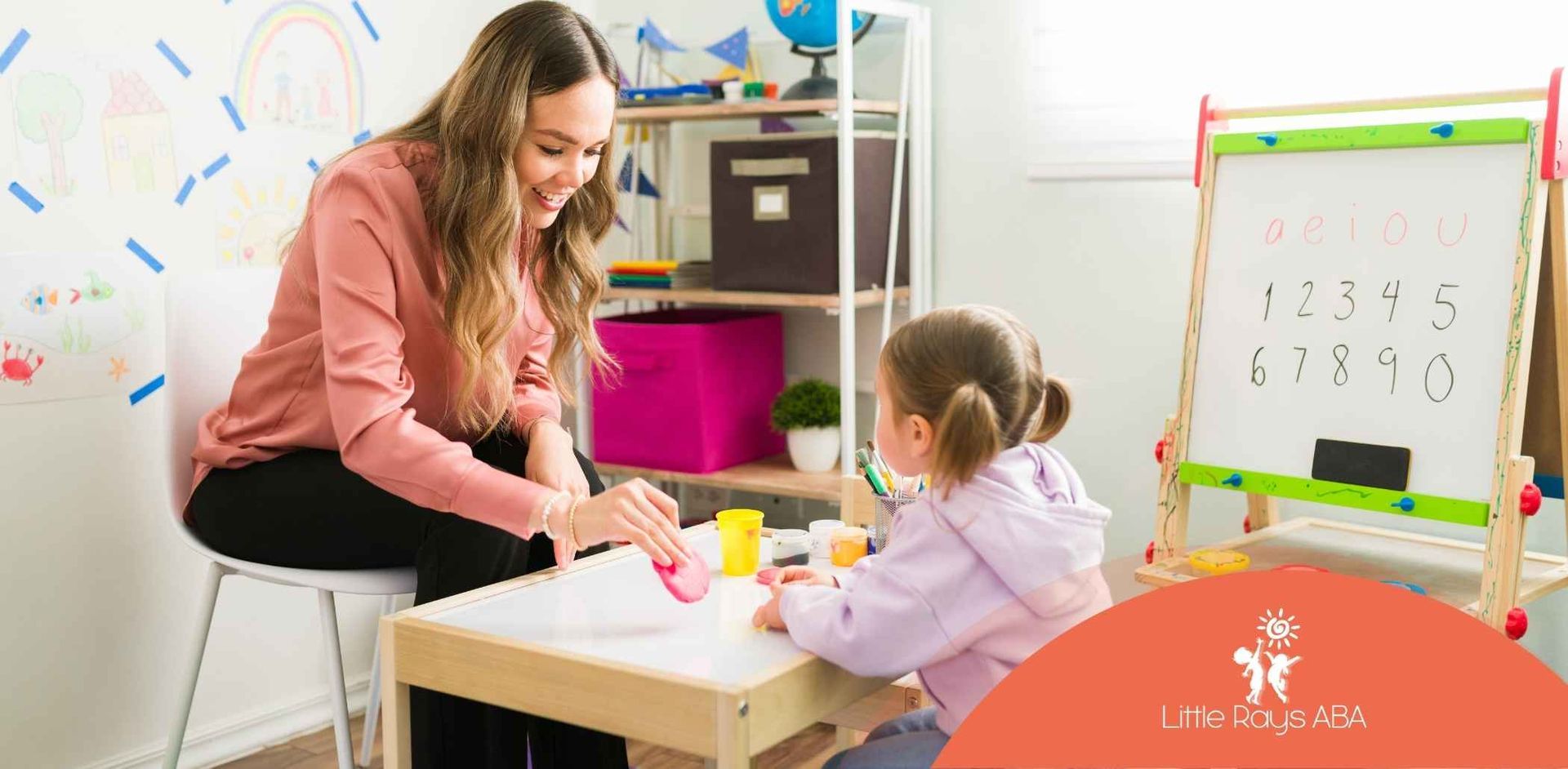
Autism vs. Sensory Processing Disorder: What’s the Difference?
Autism Spectrum Disorder (ASD) and Sensory Processing Disorder (SPD) can share some overlapping traits, but they are not the same condition. Understanding the difference is important for choosing the right support and therapy.
SPD affects how the brain processes sensory information like sound, touch, light, and movement. A child with SPD may be overly sensitive (or under-sensitive) to everyday sensations—such as avoiding loud noises, disliking certain textures, or constantly seeking movement. However, SPD does not typically affect communication, social interaction, or repetitive behaviors.
Autism, on the other hand, is a broader neurodevelopmental disorder that includes challenges with social communication, restricted interests, repetitive behaviors, and often sensory sensitivities. While many children with autism also experience sensory issues, not all children with SPD are autistic.
At Little Rays ABA, we help families understand these differences through personalized assessments and therapy plans. Whether your child has autism, SPD, or both, our goal is to provide the tools they need to thrive.
Frequently Asked Questions
Are autism and SPD the same?
No. Autism affects social and communication skills; SPD is about sensory input.
Can a child have both conditions?
Yes. Many children with autism also have sensory processing challenges.
What are key signs of SPD?
Sensitivity to noise, touch, movement, or strong sensory-seeking behavior.
Related Posts





